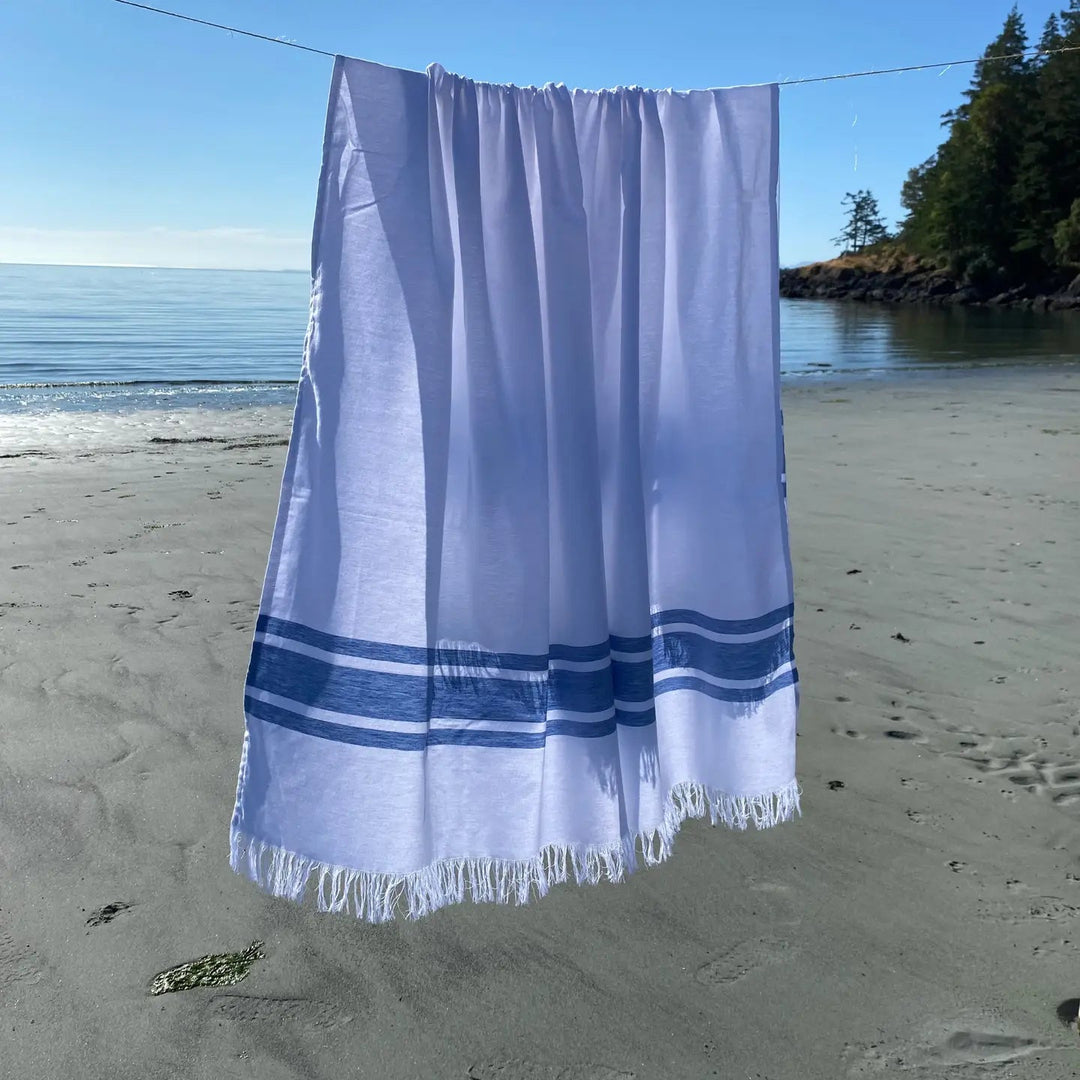The TOXIC TRUTH ABOUT EVERYDAY PRODUCTS
The Significance of Our Purchasing Choices
In today’s fast-paced world, where convenience often trumps consciousness, it becomes increasingly essential to pause and reflect on the significance of our purchasing decisions. The items we bring into our homes, from clothing to food, personal care products to home décor, all play a crucial role in shaping our environment and, consequently, our health and well-being. This post explores why what we buy truly matters and how our choices impact not just ourselves, but our families, our pets, and the planet.
The Toxic Truth Behind Everyday Products
We live in an era where toxins are ubiquitous. They lurk in the very fabric of our lives—literally. Our clothing, often treated with chemicals for various properties such as wrinkle resistance or color retention, can harbor harmful substances that affect our skin and respiratory health. Furniture and home décor items can release volatile organic compounds (VOCs), which contribute to indoor air pollution, leading to potential long-term health issues.
Food, which should be our primary source of nourishment, can sometimes be a vector for toxins due to pesticide use, artificial additives, and packaging materials. Personal care products, too, are not exempt; many contain harmful chemicals like parabens and sulfates that can disrupt hormonal balance and affect our long-term health.
The presence of these toxins in everyday items underscores the importance of being vigilant about what we bring into our homes. By making informed and conscious choices, we can significantly reduce our exposure to these harmful substances.
Impact on Health and Well-being
The connection between our purchases and our health is undeniable. Consistently choosing products laden with chemicals can lead to a range of health issues, from minor irritations to chronic illnesses. For instance, skin rashes, allergies, and respiratory problems are often exacerbated by exposure to certain chemicals found in household products.
Furthermore, the cumulative effect of these toxins can have a profound impact on our endocrine system, which regulates hormones. Disruptions in this system can lead to conditions such as obesity, diabetes, and reproductive health issues. By opting for products that are free from harmful chemicals, we can protect not only our health but also that of our families and pets.
The Ripple Effect of Sustainable Choices
Choosing eco-friendly and sustainable products does more than just safeguard our health; it contributes to the well-being of the planet. The production, use, and disposal of products have far-reaching environmental consequences. For example, the fashion industry is one of the largest polluters globally, with textile dyeing and treatment processes releasing toxic chemicals into waterways.
Similarly, the use of non-biodegradable materials in packaging contributes significantly to landfill waste, which can take decades or even centuries to decompose. By opting for products made from sustainable materials and those that employ eco-friendly packaging, we lessen the burden on our environment and help preserve it for future generations.
Shopping with Values
Shopping with our values means prioritizing products that are kind to the earth and our bodies. It involves carefully vetting the items we purchase, considering not just their immediate benefits, but their broader impact. As someone with over 25 years of experience as a holistic nutritionist and green consultant, and as a mother of six, I have witnessed firsthand the difference that mindful shopping can make.
When we choose products that align with our values, we support businesses that prioritize ethical practices. This, in turn, encourages more companies to adopt sustainable and responsible production methods, creating a positive feedback loop that benefits everyone—consumers, producers, and the planet.
Tips for Conscious Consumerism
- Educate Yourself: Knowledge is power. Take the time to research the brands and products you purchase. Look for certifications such as organic, Fair Trade, or cruelty-free to ensure they meet certain ethical standards.
- Read Labels: Understanding what goes into the products you buy is crucial. Look for products with minimal and natural ingredients, and avoid those with known harmful chemicals.
- Support Local and Small Businesses: Local businesses often have a smaller environmental footprint and are more likely to use sustainable practices. Supporting them boosts the local economy and promotes sustainable commerce.
- Prioritize Quality over Quantity: Invest in high-quality items that last longer, reducing the need for frequent replacements and minimizing waste.
- Reduce, Reuse, Recycle: Adopt a minimalist approach by buying only what you need, repurposing items, and recycling whenever possible.
- Consider the Lifecycle: Before purchasing, consider the entire lifecycle of a product, from how it’s made to how it will be disposed of. Opt for products that have a minimal environmental impact at each stage.
- Engage with Brands: Reach out to companies to inquire about their sourcing, production methods, and sustainability practices. Your interest can drive change and influence corporate responsibility.
Making a Difference: The Role of the Conscious Consumer
As consumers, we wield tremendous power. Our purchasing decisions send a message to manufacturers and retailers about what we value and demand. By choosing products that are safe for our families and kind to the environment, we contribute to a market shift toward sustainability and ethical responsibility.
This shift is not just about individual health or environmental conservation; it’s about creating a world where every choice reflects a commitment to a healthier planet and a better quality of life for all its inhabitants. It’s about leaving a legacy of conscientiousness and care.

Conclusion
In conclusion, what we buy matters immensely. Our choices shape our health, influence our environment, and define the world we want to live in. As we navigate the complexities of modern consumerism, let us do so with intention and awareness, ensuring that each purchase aligns with our values and contributes to a brighter, healthier future for ourselves, our loved ones, and the Earth.
By embracing conscious consumerism, we can reduce exposure to toxins, support ethical businesses, and foster a sustainable world. So next time you shop, remember: your choices make a difference. Choose wisely, for today and tomorrow.







Leave a comment